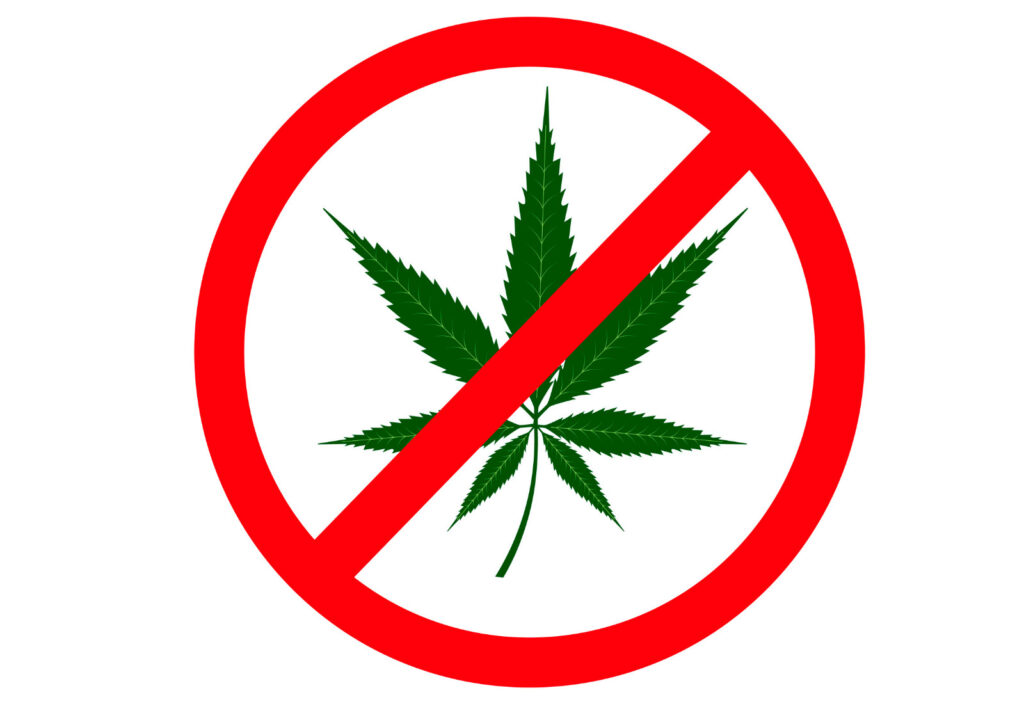On March 7, Oregon law makers passed Senate Bill 1564 (SB 1564) which empowers counties to impose hemp moratoriums within their jurisdictions.
To impose a hemp moratorium, a county must simply declare a state of emergency related to cannabis and notify the Oregon Department of Agriculture (ODA) of the declaration and request that the ODA deny issuance of grower licenses in order to alleviate the conditions giving rise to the declaration.
This post briefly goes over the impetus behind this new law and how it will impact Oregon’s hemp industry.
Reasons behind the SB 1564 hemp moratoriums
SB 1564 was originally introduced as a broad moratorium on the issuance of hemp producer licenses, which stemmed from growing concerns regarding illegal grows, particularly in Southern Oregon.
In 2020, the U.S. Drug Enforcement Agency (DEA) reported that the federalization of hemp would result in hemp shielding criminal activities. In 2021, concerned it would not have sufficient resources to police the hemp industry, Oregon passed House Bill 3000, which empowered the Oregon Liquor and Cannabis Commission (OLCC) and the ODA to access and test crops on hemp farms. The agencies used this authority to launch Operation Table Rock during which they visited over two hundred registered hemp grow sites in Jackson and Josephine Counties, testing for undercover marijuana. The agencies reported that 58% of the samples taken in this effort tested positive for unlawful levels of THC and uncovered illegal water diversion from rivers and creeks as well as exploitation of immigrant laborers.
Operation Table Rock’s statistics have been consistently rejected by industry players and advocates who question the accuracy of the portable LightLab testing units used during inspections. Critics also question the growing relationship between the OLCC and law enforcement, which has consistently shown hostility towards cannabis.
Many testimonies given in opposition of this new law argue that SB 1564 was enacted based on Operation Table Rock’s misleading report and used as a façade to justify giving the ODA authority to place temporary moratoriums on hemp grower licenses, especially those located in counties that allegedly are faced with illegal marijuana grows being passed off as hemp.
Specifics of SB 1564 and the Oregon hemp moratoriums
The moratoriums are retroactive and apply to any application receive by the ODA, including applications received on or after January 1, 2022. Section 1(4) of the bill, however, also provides:
Notwithstanding subsection (3) of this section [“When the department receives the notice and request described in this section, the department shall deny the issuance of grower licenses under ORS 571.281 as described in subsection (2) of this section.”], the department may issue a grower license under ORS 571.281 for a grow site located in an area subject to the jurisdiction of a county described in subsection (2) of this section if the applicant held a valid grower license or registration under ORS 571.281 during the 2020 or 2021 calendar year” (Emphasis added).
So, it seems the hemp moratoriums may not force growers in counties that declare states of emergency related to cannabis to cease operating. Yet, it’s unclear how the ODA will assess whether to issue licenses to existing licensees following receipt of a county’s notice of emergency declaration. Pursuant to SB 1564, Section 1(5), the ODA has the ability to adopt regulations to carry out these hemp moratoriums. It will be interesting to see whether the state agency will ultimately proceed with the promulgation of rules that shed light on the criteria used to make these license determinations.
The deadline for counties to notify the ODA of their declaration and request local moratoriums for the 2022 growing season passed last week, on March 15, 2022. Counties may also extend moratoriums, provided they submit an annual request with the ODA by January 1, 2023.
For 2022, it appears that Jackson and Josephine Counties are the only counties to have declared states of emergency related to cannabis. These two counties have imposed local hemp moratoriums in accordance with SB 1564.
Problems with SB 1564
Pursuant to Section 1(2)(b) of SB 1564, counties wishing to impose a hemp moratorium must merely declare a state of emergency that provides (1) that the duration includes the entire growing season for hemp and (2) a statement that imposing a moratorium in the jurisdiction will alleviate the conditions giving rise to the declaration.
In other words, counties can opt out with no legislative or judicial review to assess the validity of their emergency claims. They are given carte blanche to end hemp cultivation, arbitrarily, possibly including the operations of hemp farmers that have been growing hemp in strict conformity with the ODA’s hemp regulations.
Needless to say that these hemp moratoriums threaten the future of Oregon hemp growers and local economic opportunities. Stay tuned as we continue to track the fallout from SB 1564.
























